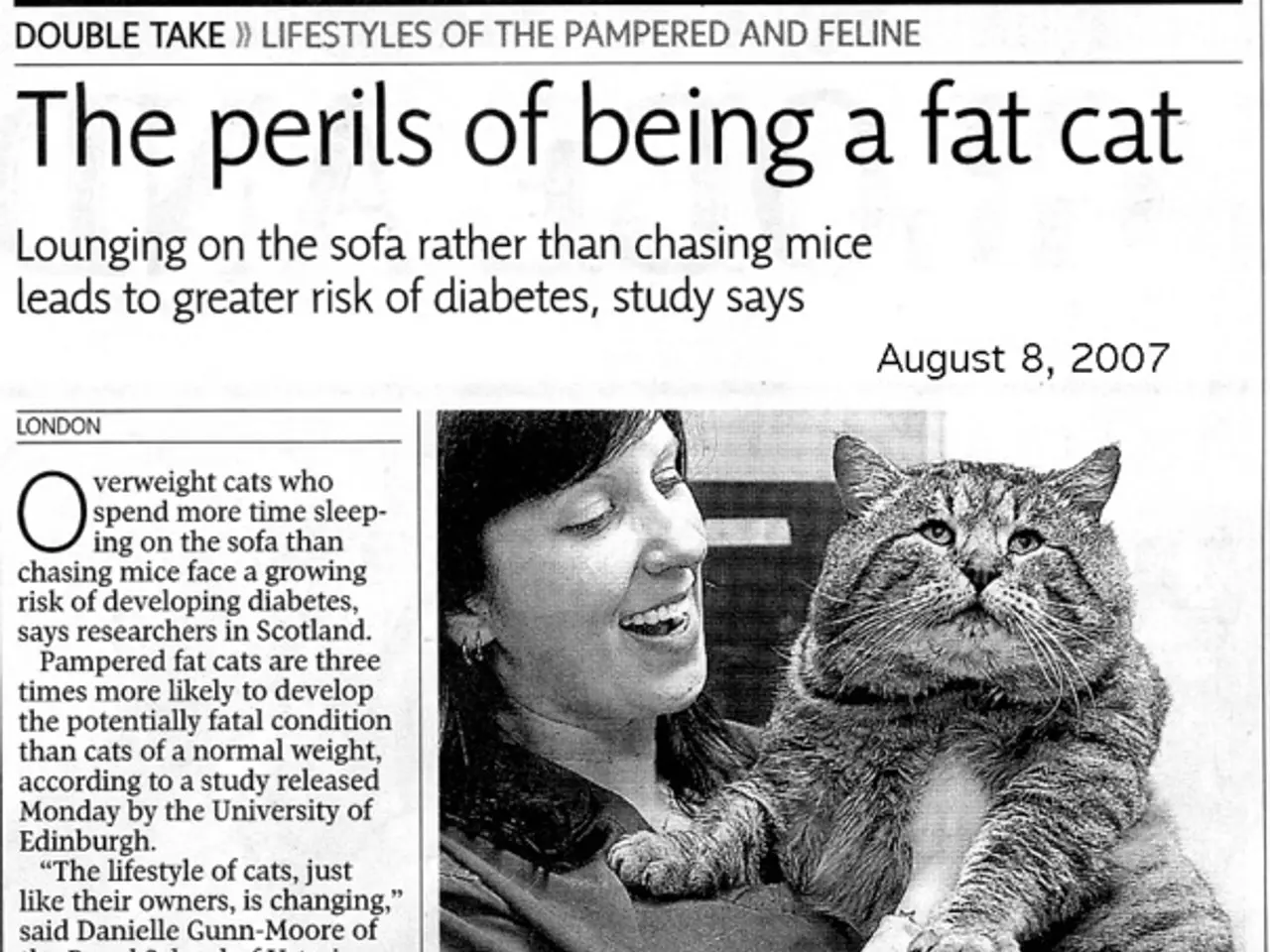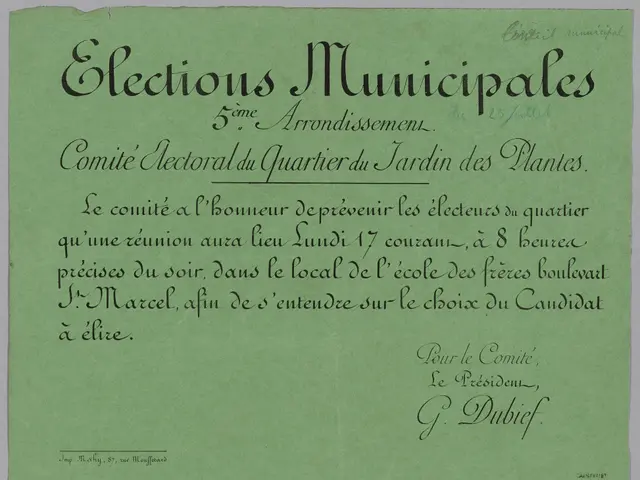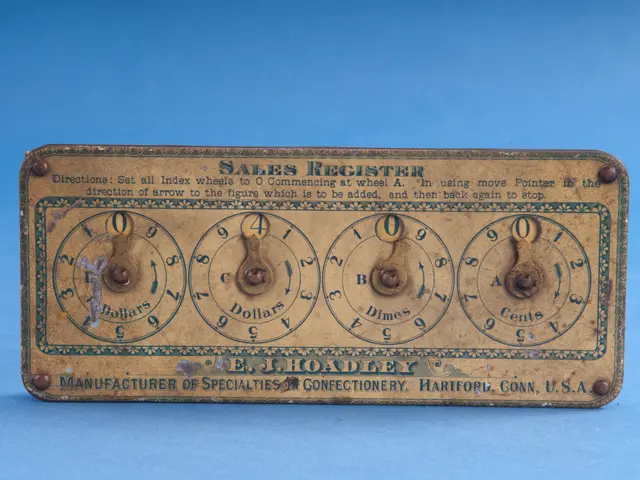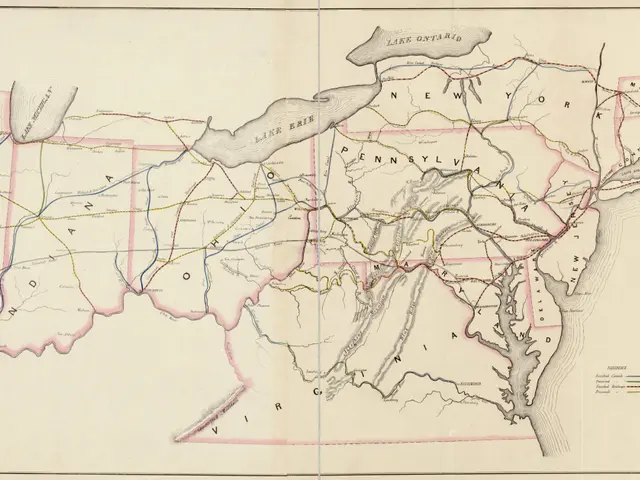Covid Vaccines Linked to Heart Muscle Changes: Study
A recent study by Nakahara et al. has revealed changes in heart function in individuals who have received Covid vaccines. The research, using Positron Emission Tomography (PET) scans, found higher levels of myocardial SUVmax in vaccinated patients, regardless of sex or age, compared to those who were not vaccinated.
The study, published in JAMA Cardiology, suggests that mild asymptomatic myocardial inflammation may be more common in vaccinated individuals than previously thought. Vaccinated patients showed higher myocardial Fluorine-fluorodeoxyglucose (F-FDG) uptake, with a median SUVmax of 4.8 compared to 3.3 in nonvaccinated patients. Notably, a pattern emerged showing a greater response to the higher-dose Moderna vaccine than the lower-dose Pfizer vaccine.
The study's findings raise concerns about potential damage to heart muscles in millions of vaccinated people. Increased myocardial FDG uptake was observed in patients imaged up to 180 days after their second vaccination. However, the ill effects did not show complete recovery within this period in vaccinated patients.
Dr. Bluemke's editorial in JAMA Cardiology calls for further research into the potential effects of mRNA vaccinations on the heart. The author of the study, Nakahara et al., hopes that vaccinated individuals will seek compensation for their damaged hearts. However, more research is needed to fully understand the implications of these findings and their long-term effects.
Read also:
- Questions for Fabio Pammoli, Economics and Management Professor at the Polytechnic University of Milan, concerning Facebook's Data for Good Initiative
- Bitcoin's Data Handling Sparks Heated Debate Over Censorship
- Frankfurt Introduces Temporary Rain-Protected Seating for Drug Consumption Room
- Prince William Ready to Assume Throne Earlier Than Expected







